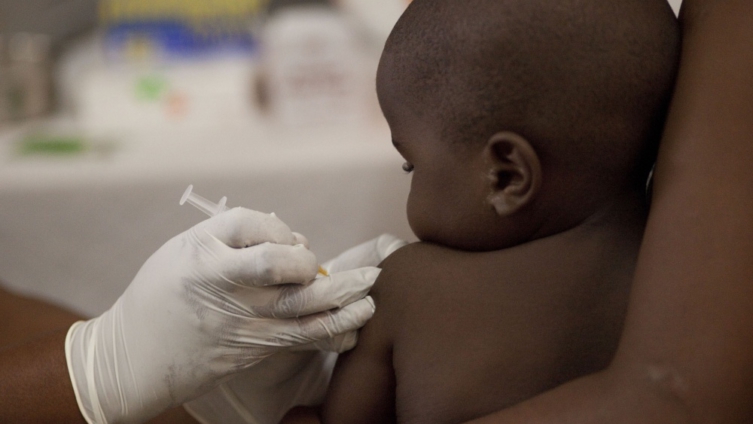An epidemiologist with the National Malaria Control Programme (NMCP) says more resources are needed to make the goal of eliminating malaria in the country feasible.
According to Dr Nana Yaw Peprah, several innovative decisions are to be implemented towards eradicating the spread of the disease.
But the lack of adequate resources is impeding the swift delivery of such interventions, although the World Health Organisation (WHO) has given the country the green light to expand the malaria vaccination programme.
Speaking on Prime Morning on Monday, Dr Peprah noted that the NMCP is currently making do with the available resources to achieve some results.
“For instance, what we did in our current strategic plan was to stratify our disease burden and get our interventions more targeted. What that meant was that in some districts, we were doing some interventions we taught would be more efficient.
“So, we try as much as possible to get the best out of the resources available to us. Over the years, we have made this progress with just about half of the resources we need as a Programme. What this means is that if we get more resources, we are going to do more, and elimination is really feasible,” he said.
Dr Yaw Peprah revealed the Programme is liaising with relevant stakeholders to identify ways and means to be more innovative in this fight.
“We’re trying as much as possible to be innovative, to try and see what works well in which places, and if we have the needed resources, we can implement same and get the resource we need to get as a country.”
Reforms needed
A Senior Research Fellow at the Noguchi Memorial Institute for Medical Research (NMIMR) has called for more reforms and investments to be made in the fight against malaria in the country.
Dr Linda Eva Amoah said despite various interventions made to reduce malaria infections, pregnant women and children below five years remain highly susceptible to the disease.
She mentioned that cases of malaria among pregnant women usually affect unborn babies, saying it is one of the leading causes of stillbirths in the country.
“They [children and pregnant women] are the ones that do suffer the most because for children under five, their immune system isn’t that well-developed, and once you become pregnant, you also have become susceptible to a whole lot of different things.
“So, these two categories are very susceptible to malaria, and most of our interventions are targeted to help them,” she said.
Latest Stories
-
AGRA Board Chair urges partners and MPs to support Ghana’s food systems transformation efforts
54 minutes -
Sissala East constituents urge Mahama to recover looted state funds
57 minutes -
Redeem your promises to us – Gakli residents to President Mahama
1 hour -
Consider our sons and daughters in building your team – Volta House of Chiefs to Mahama
1 hour -
World Bank to commit $30m to Ghana’s irrigation systems
1 hour -
Speaker urges new MPs to prioritise sound reasoning over emotions
2 hours -
Kantamanto fire: Traders in Ho Central Market affected
2 hours -
Abolish regional minister portfolio – CDA CONSULT to Mahama
2 hours -
Champions of 2024 Inter-School Reading Quiz tour Mohammed Bin Rashid Library in Dubai
4 hours -
Mahama decouples Youth from Sports Ministry
4 hours -
President Mahama orders immediate suspension of state land transactions
4 hours -
Edward Bawa: NDC left $2.4bn energy debt, NPP aggravated the situation
4 hours -
Joint military police reinforcement deployed in Ejura
4 hours -
Fire guts 3 shops in Ho
4 hours -
Gunmen attack bus in Bolgatanga, leaving several injured
4 hours

